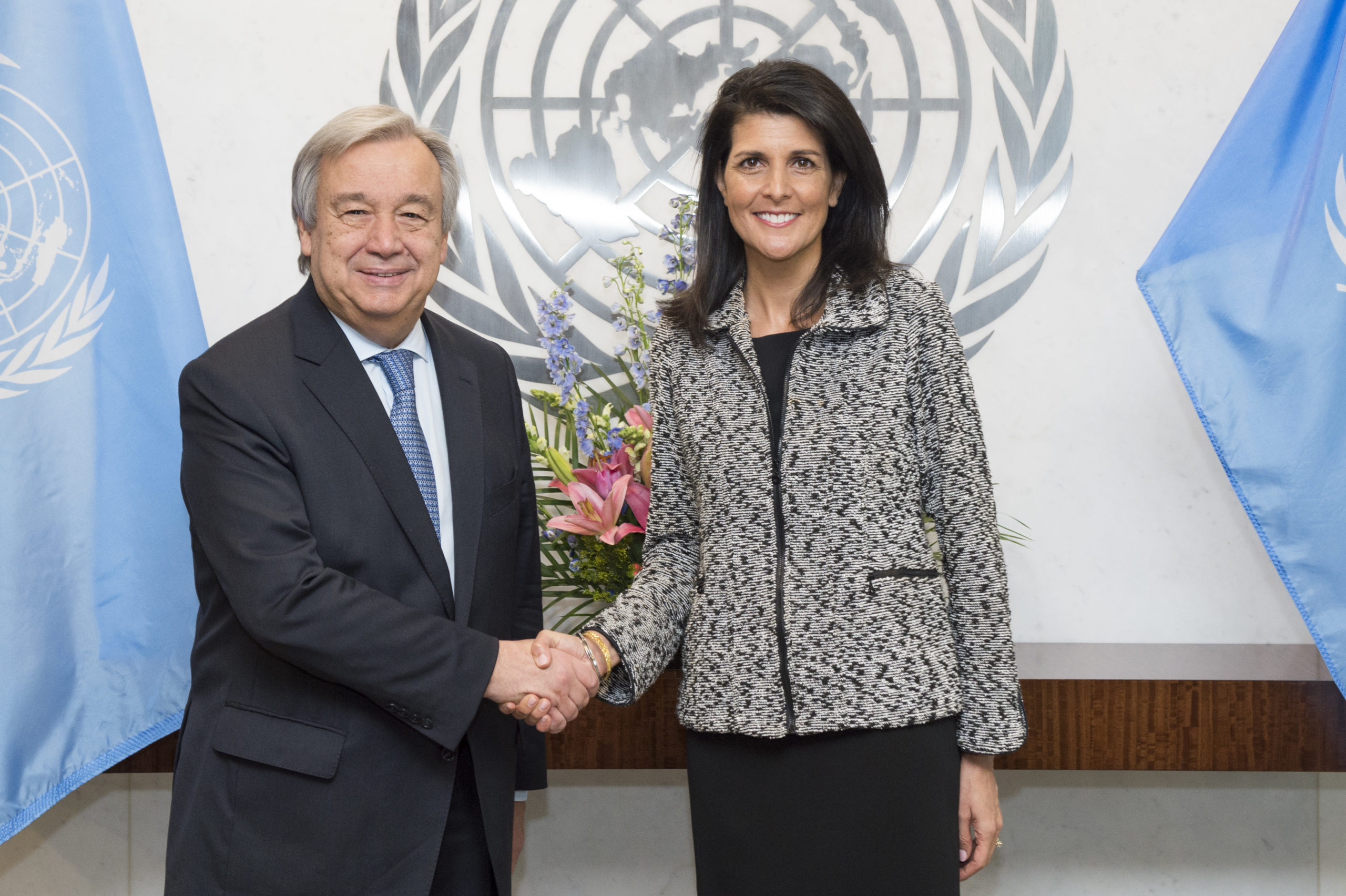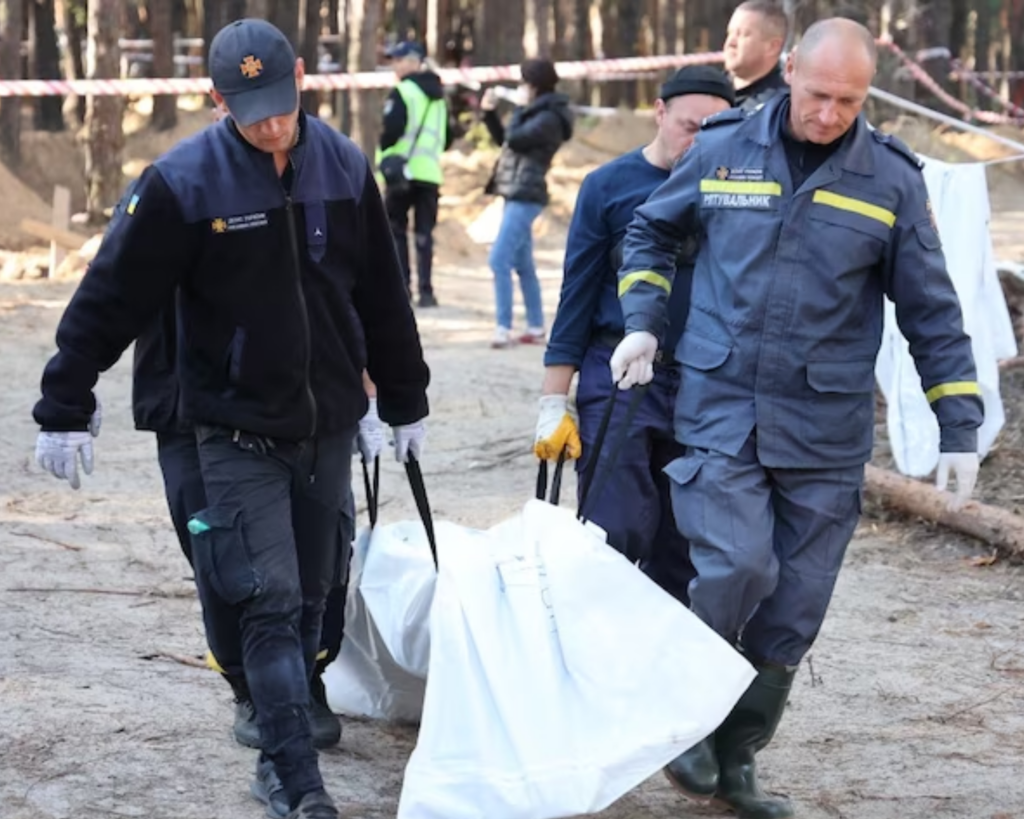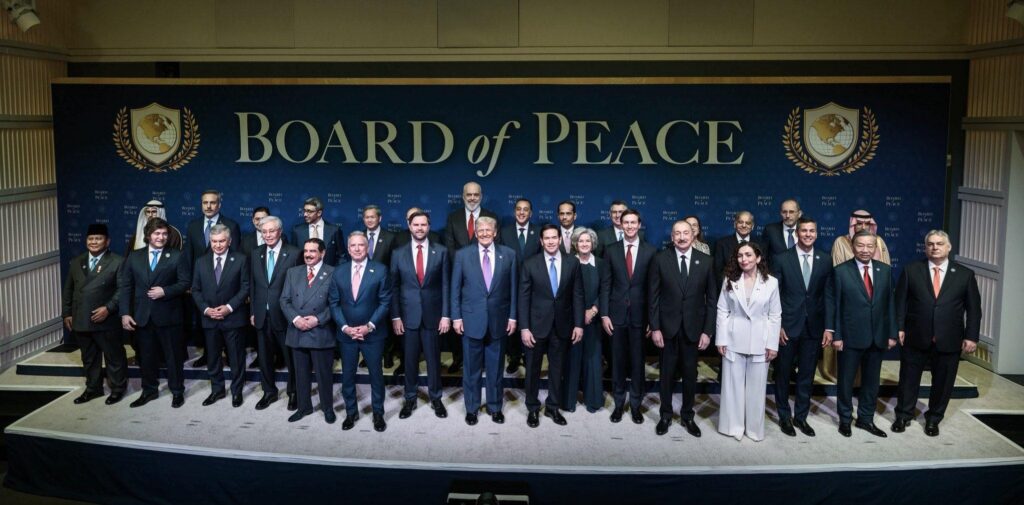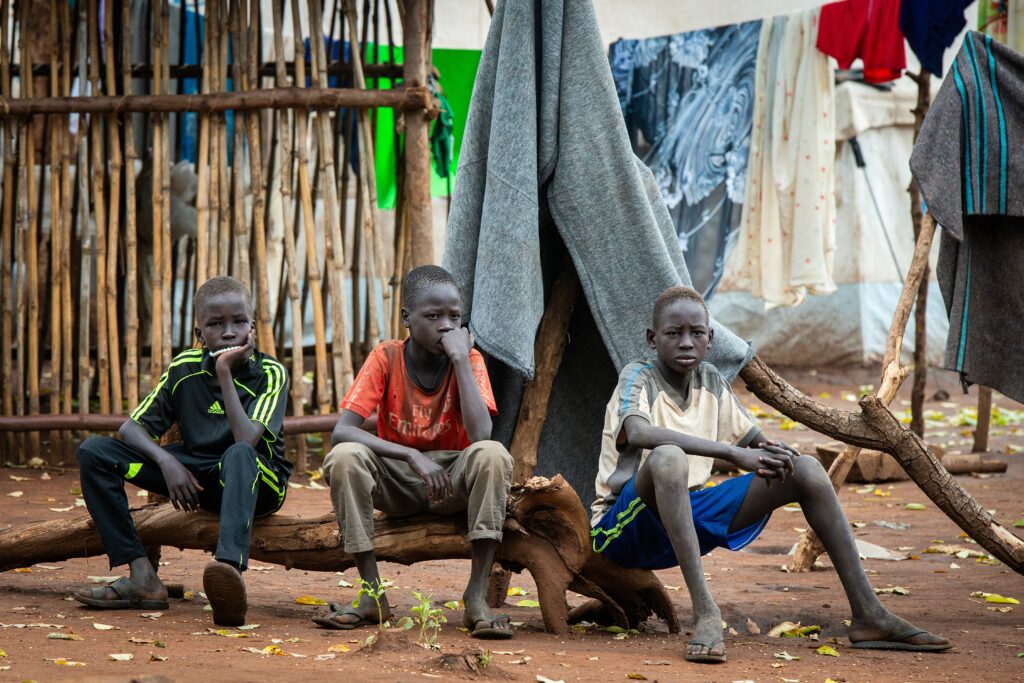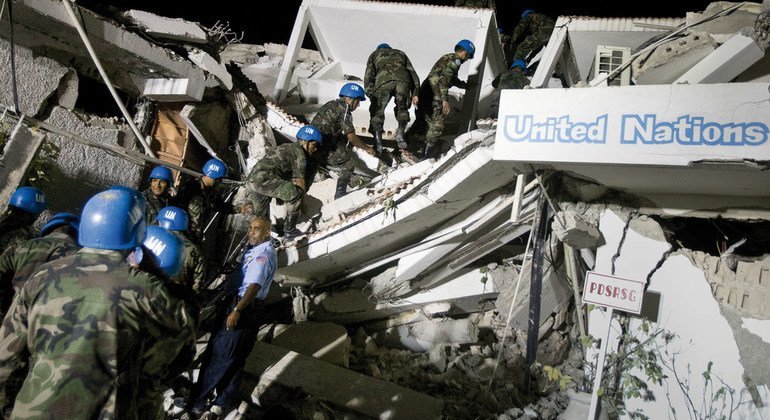By Peter Yeo
When was the last time you saw a positive headline about the world make the front-page news? Amid the daily stories about war, famine and other global crises, it’s easy to forget that positive change is happening.
Although these stories might not have made it to the top of your newsfeed this summer, from Venezuela to South Sudan and even in our own backyard here in Washington, D.C., they are a reminder that a strong partnership between the U.S. and the United Nations can make a difference in the lives of people everywhere.
Supporting Venezuelans in need
Amid the worsening humanitarian crisis in Venezuela, the U.S. and the UN took important steps to respond to the growing needs of the Venezuelan people and increase international pressure to end ongoing human rights violations. Vice President Mike Pence announced a $10 million commitment from the U.S. government to support the work of the World Food Program and the International Organization for Migration. A month later, during a trip to Colombia, Ambassador Haley announced an additional $9 million in humanitarian aid. The funds will help provide food, water, hygiene supplies, shelter, and education and career opportunities for Venezuelans who have fled to neighboring countries.
New arms embargo in South Sudan
Thanks to the leadership of UN Secretary-General António Guterres and U.S. Ambassador to the UN Nikki Haley, the UN Security Council authorized an arms embargo banning all countries from selling weapons to South Sudan until May 2019. This represents the best hope for the country to move toward peace since the civil war began and is a strong sign from the international community that South Sudan must focus on protecting the security of its citizens.
White helmets evacuated from Syria
In July, the governments of the U.S., Canada, Germany, the U.K. worked closely with the UN to safely evacuate more than 400 members of the White Helmets and their families from southwest Syria. White Helmets are volunteer emergency workers who rush to the scene of airstrikes in civilian areas, and have encountered ongoing threats to their safety as the civil war in Syria wages on. Their rescue represents the shared priorities of the U.S. and the UN in addressing humanitarian issues on the ground.
